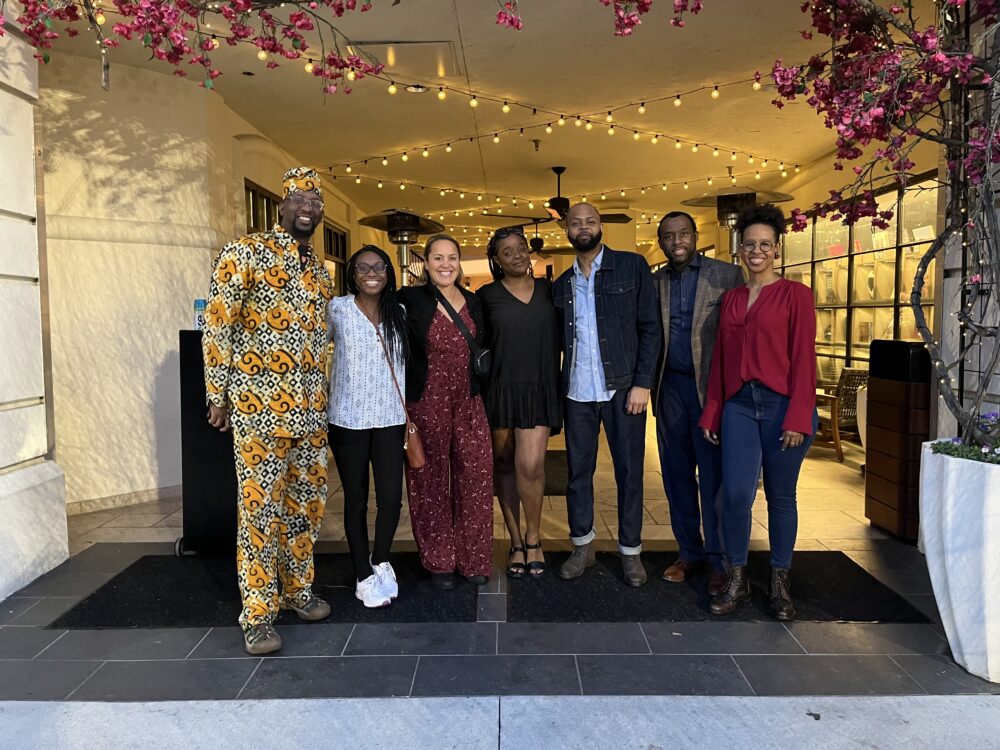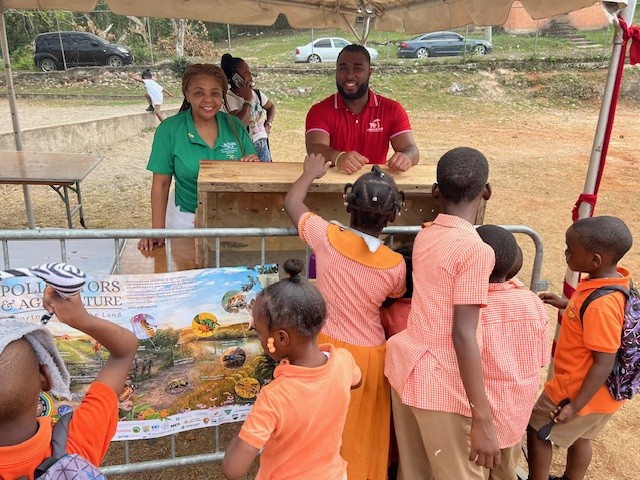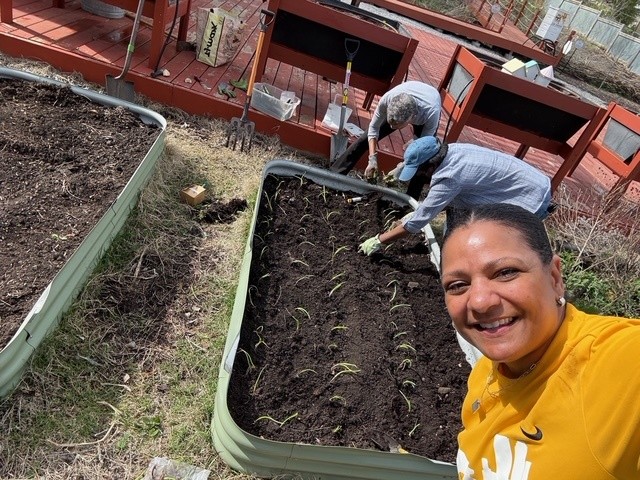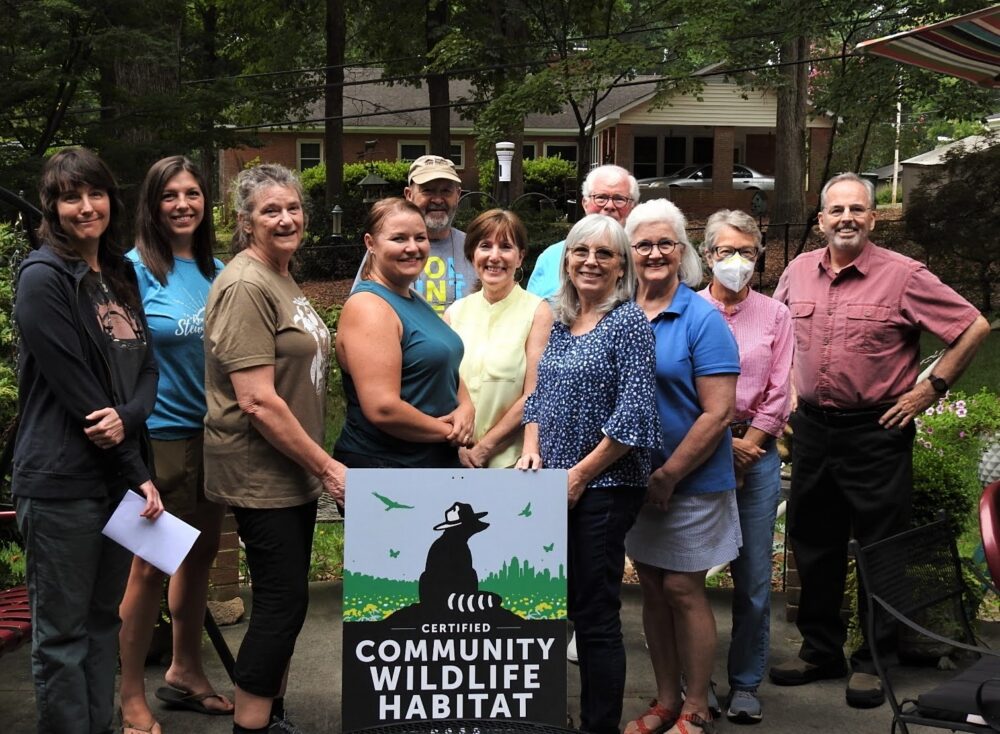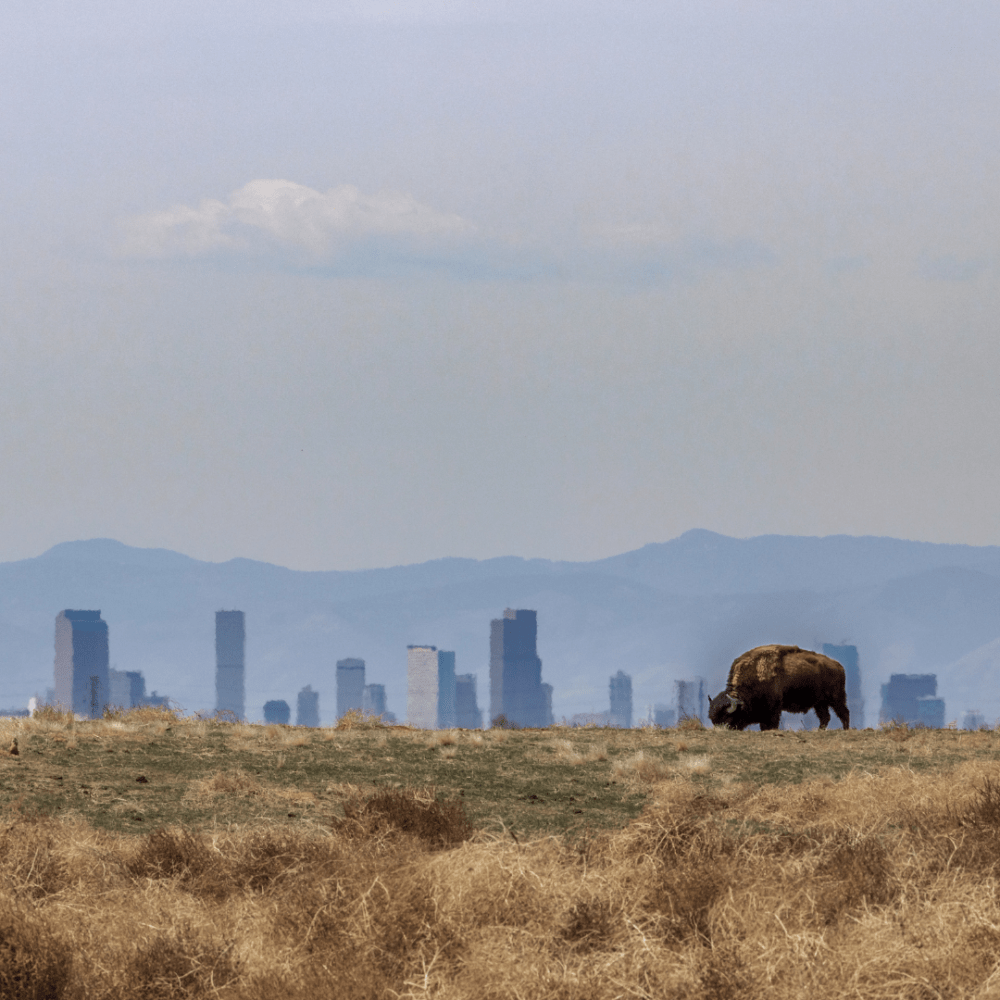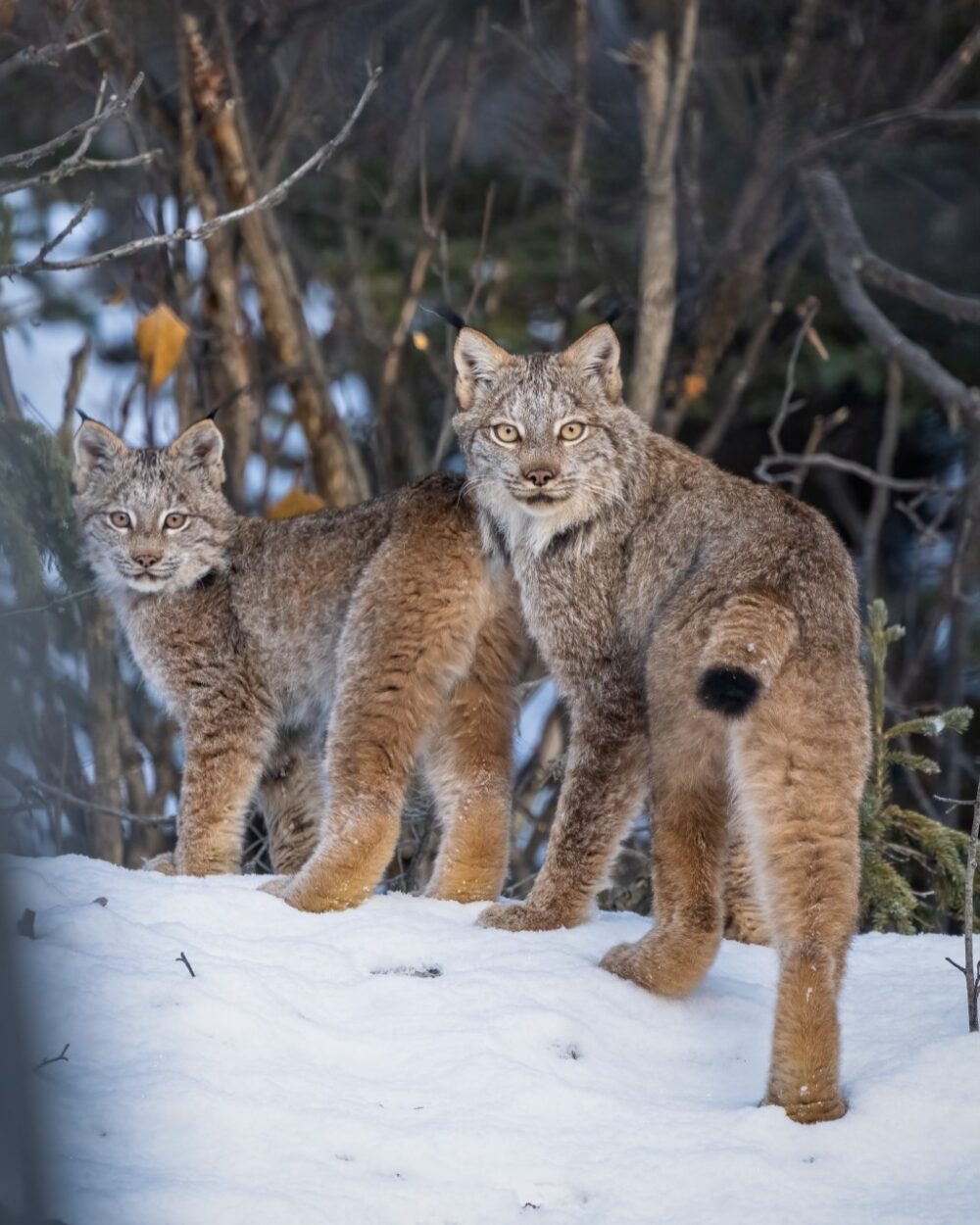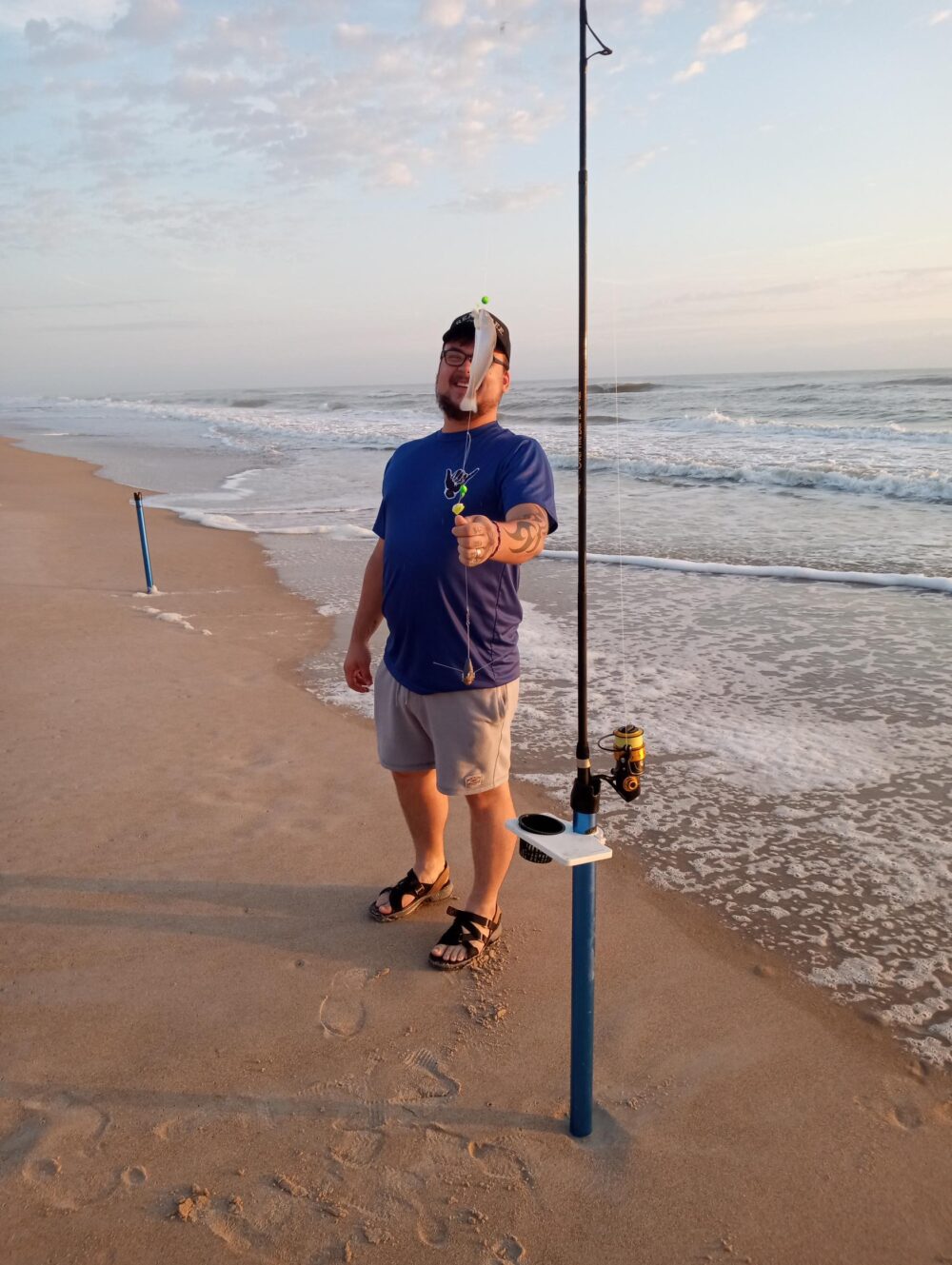We have much more to do and your continued support is needed now more than ever.
Chico Vive: Chico Mendes and Grassroots Environmentalism
In the mid-1980s, the international environmental movement was in its infancy. Most international work focused on trade in endangered species and setting up protected areas, while grassroots environmental work focused on local issues. And while these approaches remain highly effective, there was little thought given to the impacts our lives made on the larger world outside of our communities.
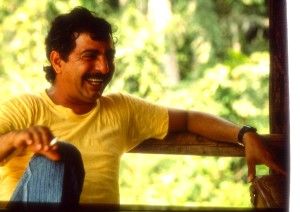
To commemorate the 25 years since Chico Mendes’ assassination, American University will host a conference, Chico Vive, from 4-6 April 2014. National Wildlife Federation is a cosponsor of the event.
The Man and His Work
Chico Mendes began his life as an ordinary rubber tapper near Xapuri, a small town in the Brazilian Amazon state of Acre. In the 1970s he began to organize his fellow rubber tappers, to free themselves from an ancient system of “debt peonage” to middle men; but he soon realized that the new expansion of roads and cattle ranching into the forest was destroying the rubber tappers’ livelihood. Tappers extract rubber from widely dispersed trees without harming them, just like maple syrup extraction, and they are dependent for their meager living on wide expanses of healthy forest. But from the late 1970s on, many areas of forest were being clear-cut for cattle pastures, which not only destroyed the rainforest but also the livelihoods of those who depended on it.
Chico Mendes would go on to help form the National Council of Rubber Tappers, and promoted the idea of “extractive reserves” – protected areas set aside for sustainable management by local communities such as rubber tappers. The Environmental Defense Fund and NWF brought Mendes to the United States in 1987, so that he could speak in front of Congress, the World Bank and the Inter-American Development Bank on the subject of extractive reserves. Less than two years after his death, Brazil established its first extractive reserve – Reserva Extrativista Chico Mendes.
A Legacy of Global Grassroots Environmentalism
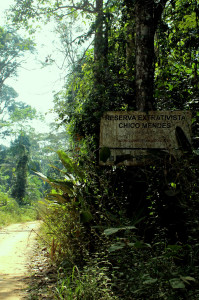
One of my earliest memories is watching a lighted digital counter at the Cleveland Metroparks Zoo as it raced forward, the last digit moving so quickly that it froze on the number 8. This meter was measuring the acreage of rainforest left on Earth, in “real time” based on average rates of destruction. This meter, and our collective awareness of the continued loss of global rainforest, would likely not have entered our lives if not for Chico Mendes. For the first time, people around the globe saw the value of the Amazon for both the planet and themselves. In the years to come, those who had worked with Chico Mendes would gain a whole new group of colleagues eager to save the Earth and her rainforests.
For more details on the Chico Vive conference, please visit www.chicovive.org

